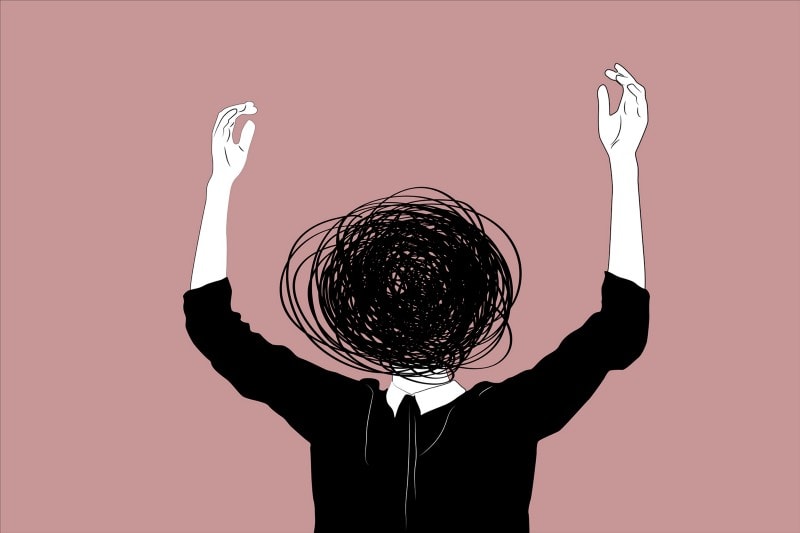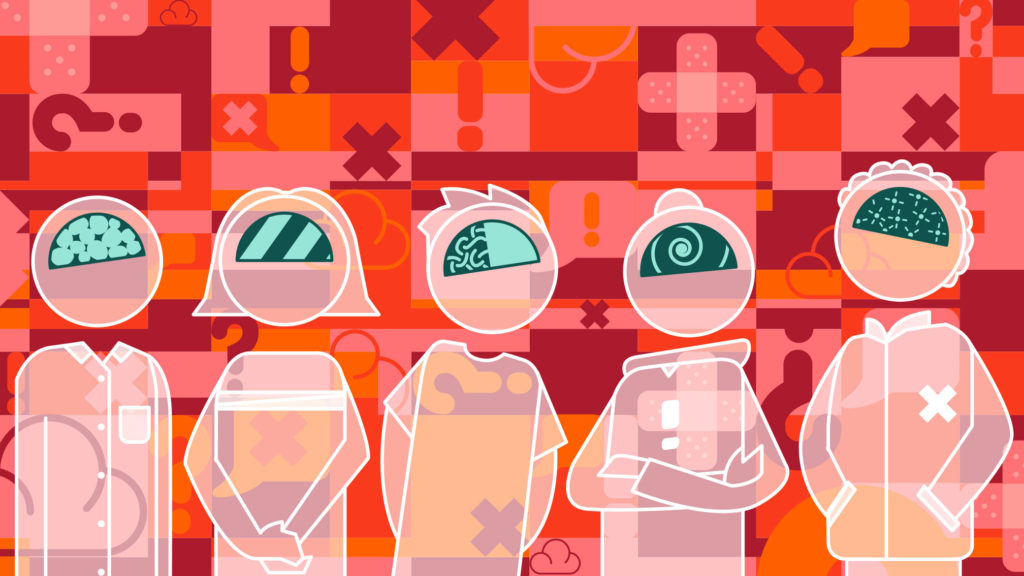
The Big Deal About Mental Health
We live in a world where the advertisers and social media are constantly telling us that we are not good enough.
Good mental health is not only the absence of mental health illnesses like depression and anxiety, but it is also the ability to cope with the day-to-day problems of life, to be involved in your community, and to live a full life. Sometimes, we may confuse the regular stresses of life like getting upset or worried when things are not going to plan as depression or anxiety. Situations like deadlines, exams, graduation or getting a job, making friends, or breaking up are just some of the things that can make you feel low, tensed or stressed But, these are manageable emotions, when these situations become overwhelming and the feelings persist for a long time, they may become part of a mental health problem.
Several studies referred to mental illness as a silent catastrophe, and the prevalence of these issues in schools and colleges have reached epidemic proportions. Mental illness in India is a worsening crisis and a major public health problem that is largely unaddressed. The problem is further exacerbated by the lack of information, the stigma, and the limited access to service providers in the country. We live in a world where the media, advertisers, and social media are constantly telling us how we can be better. However, the message is also that we are not good enough.

Just as it is possible to have poor mental health but no mental illness, it is also possible to live a meaningful and engaged life despite being diagnosed with a mental illness.
Good mental health isn’t just about feeling happy and confident all the time. It’s about living and coping despite your problems. Just as it is possible to have poor mental health but no mental illness, it is also possible to live a meaningful and engaged life even after being diagnosed with a mental illness. This is because mental illnesses (like other health problems) are often episodic, which means that there are times, or ‘episodes’, of ill health, and times of better or good health.
Unfortunately, less than 20% of children and adolescents with diagnosable mental health problems receive the treatment they need. Early mental health support can help a child before problems interfere with other developmental needs.
More than 75 per cent of all mental health conditions begin before the age of 24, according to the National Alliance on Mental Illness, which is why college is such a critical time.
One in four will have a mental health disorder at some point in their lives. The stigma associated with mental illness is still the biggest barrier that prevents people from getting treatment or retaining their treatment.
There are some basic steps we can take, like social connection and human interaction talking to friends or reaching out to a family member can help them be more aware and sensitive, talking to a therapist or counsellor will help us identify our emotions, thought patterns and the underlying belief systems that drive our actions and reactions. Self-awareness can be built and will help us recalibrate our mind and its well-being. Beginning an exercise routine, keeping time for leisurely activities, making time for contemplation and appreciation, improving our diet and sleep patterns are also measures we can take. If none of this makes a difference, then we should not be afraid or reluctant to seek professional help.